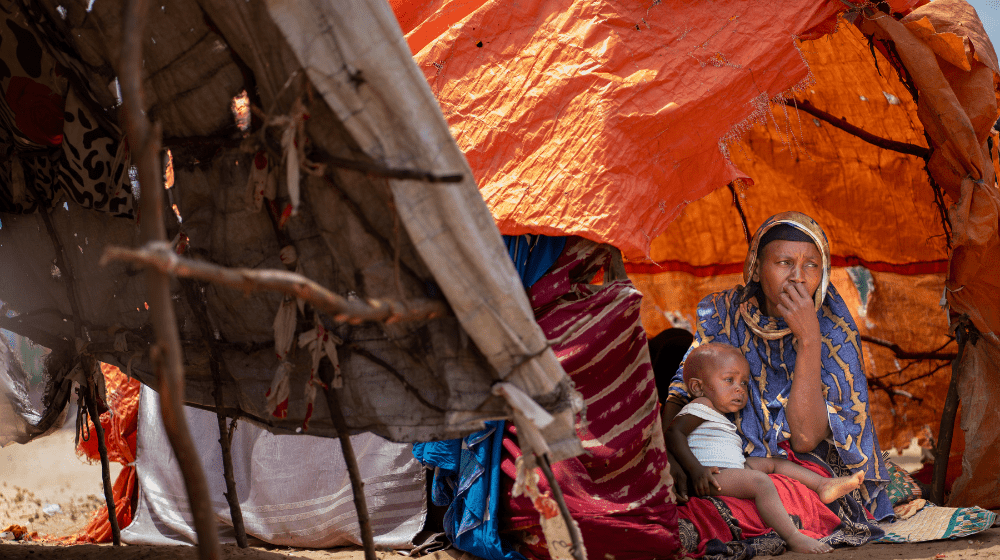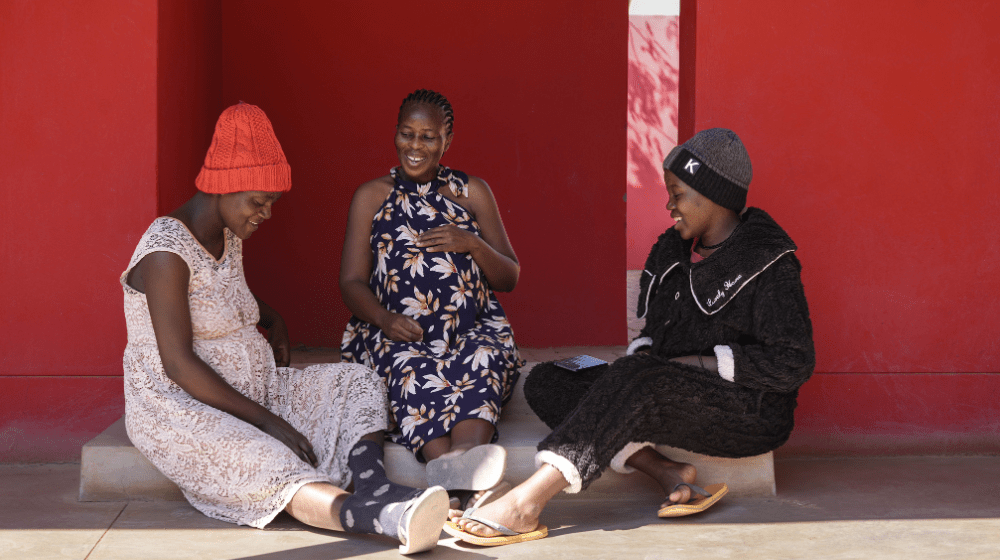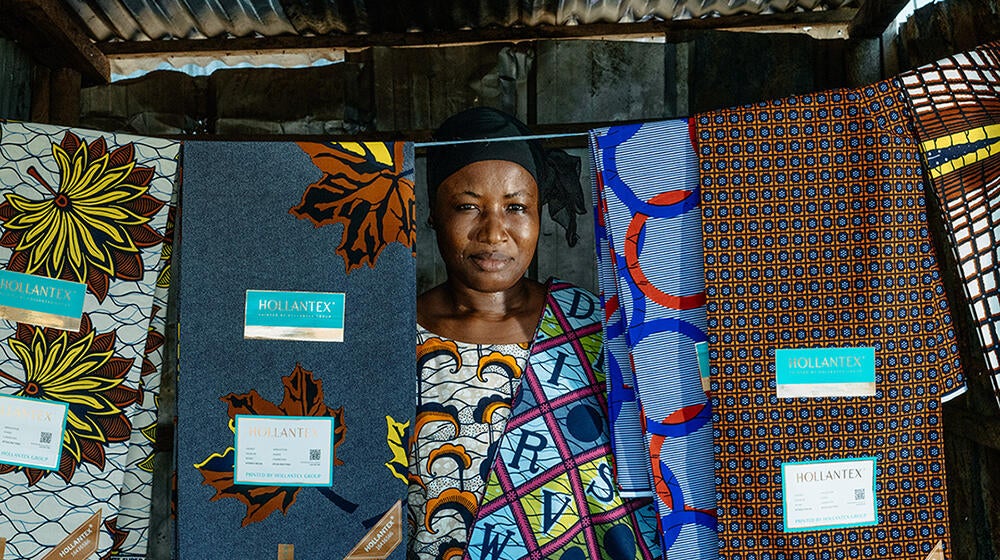
No hospitals, no hope
Saving lives in war-ravaged Sudan
As Sudan marks two years of civil war, the conflict has terrified the nation and decimated infrastructure and services, trapping women and girls in a nightmare of violence, displacement and lack of access to healthcare. The fighting has left 70 to 80 per cent of health facilities in the most affected areas either barely operational or closed completely.
The war has created the world’s largest displacement crisis, with millions of people fleeing their homes. Atrocities have been perpetrated with impunity, including systematic and widespread rape.
An estimated 91,000 women are expected to give birth in the next three months, and many have nowhere safe to turn.
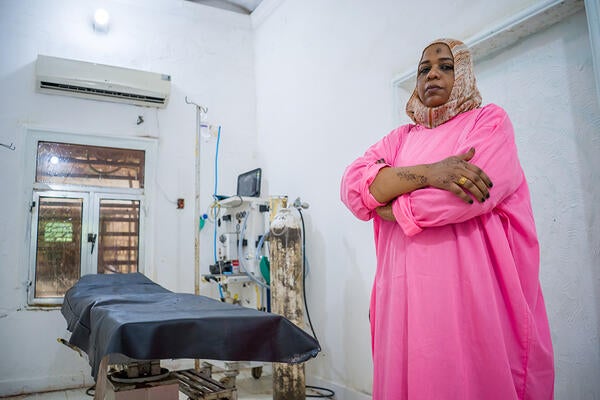
Inside destroyed hospitals in the capital, Khartoum, where the fighting first broke out, the impact of the war on healthcare facilities is evident.
More than half of Sudan’s population – 30.4 million people – require health assistance in 2025, but attacks affecting facilities, ambulances, personnel and patients, coupled with massive funding shortages, have left the healthcare system in ruins.
UNFPA, the United Nations sexual and reproductive health agency, is working to keep the doors open and lights on at health facilities for women and girls in need of essential services. We visited three health facilities that remain open in the country to reveal the vital work being done in extremely difficult conditions.
Dedicated to care in Khartoum
At the Saudi Hospital and the Kararai Health Centre in Khartoum, health workers turn up every day to make a difference to people’s lives, providing antenatal care, safe deliveries and contraceptive options to prevent unwanted pregnancies, among other services.
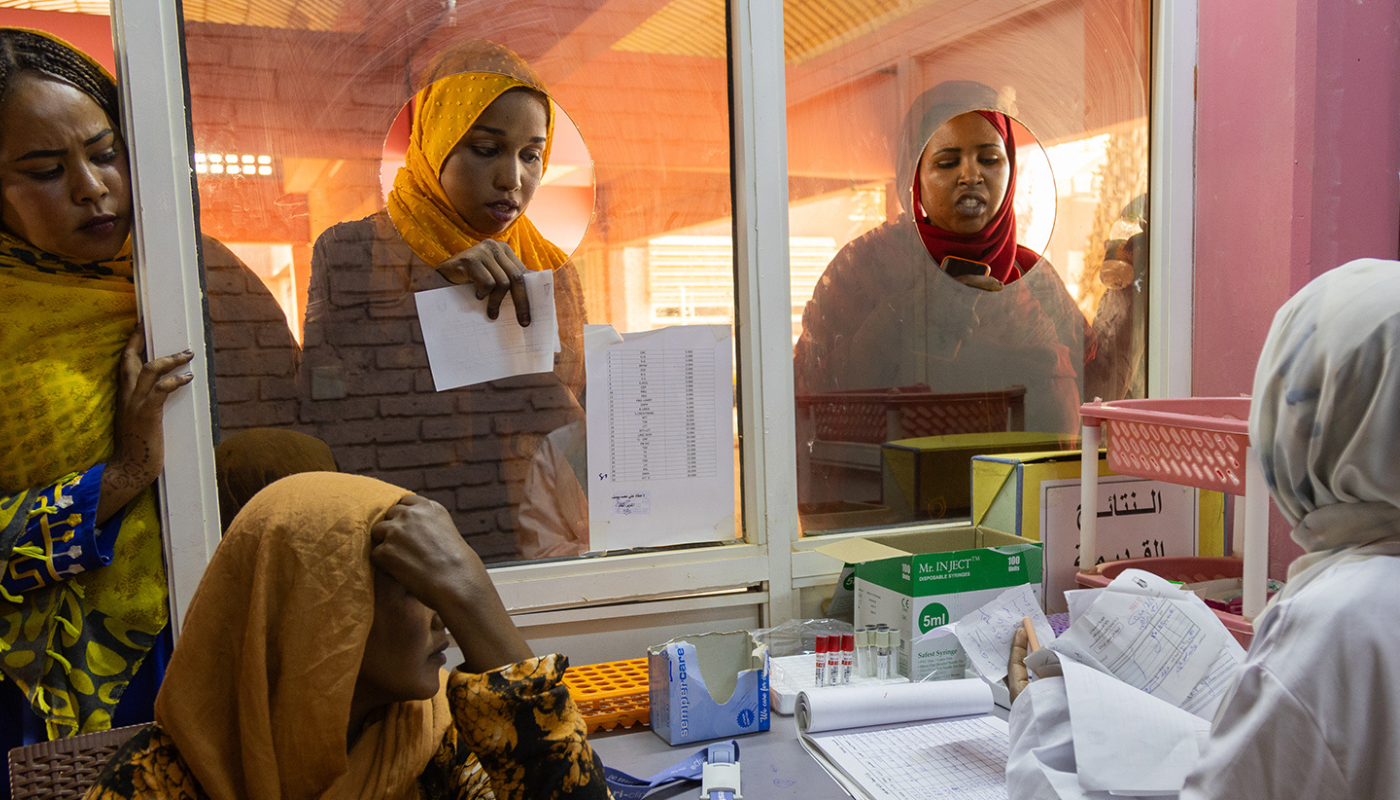
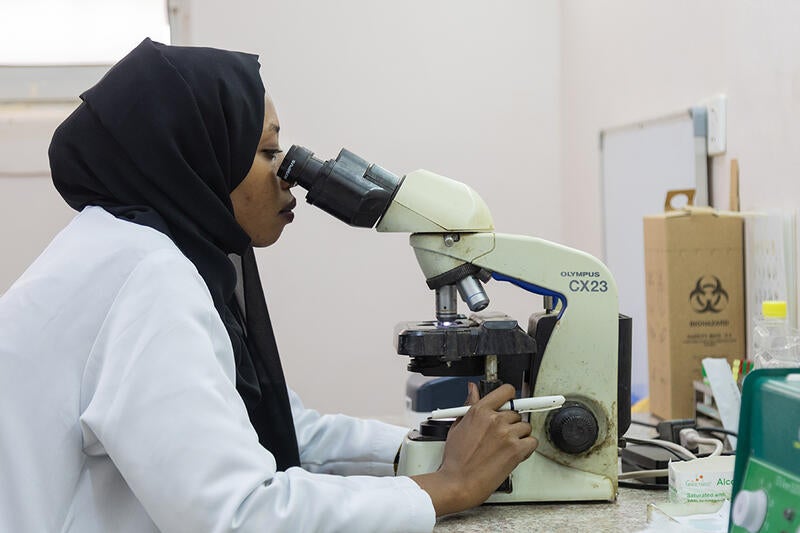
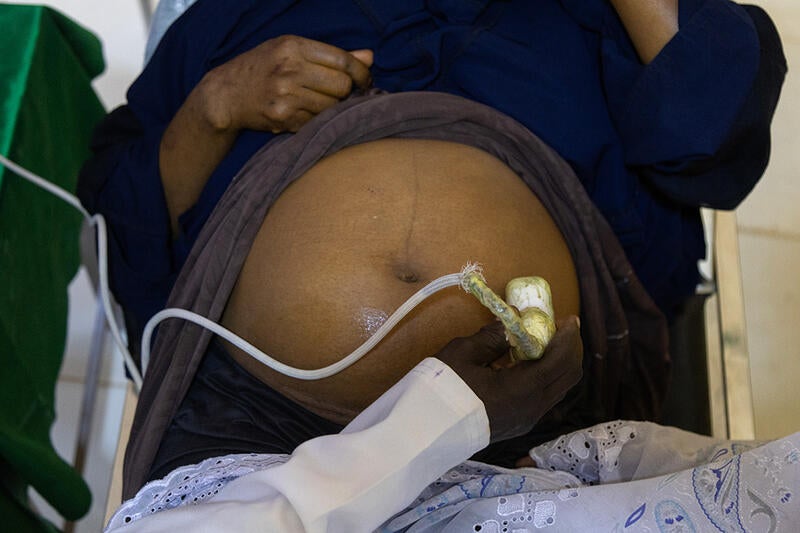
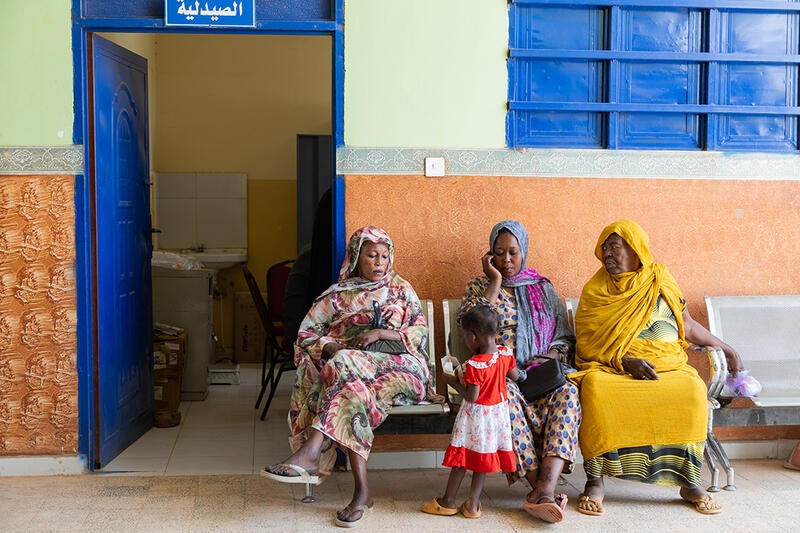
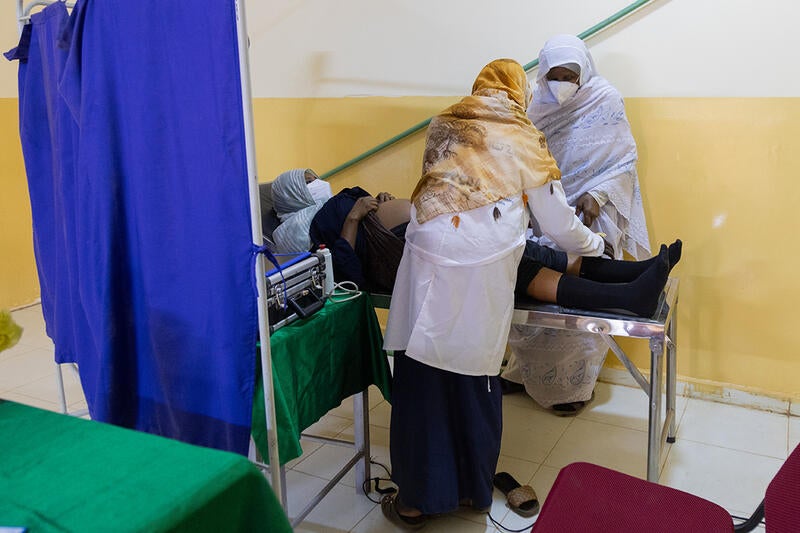
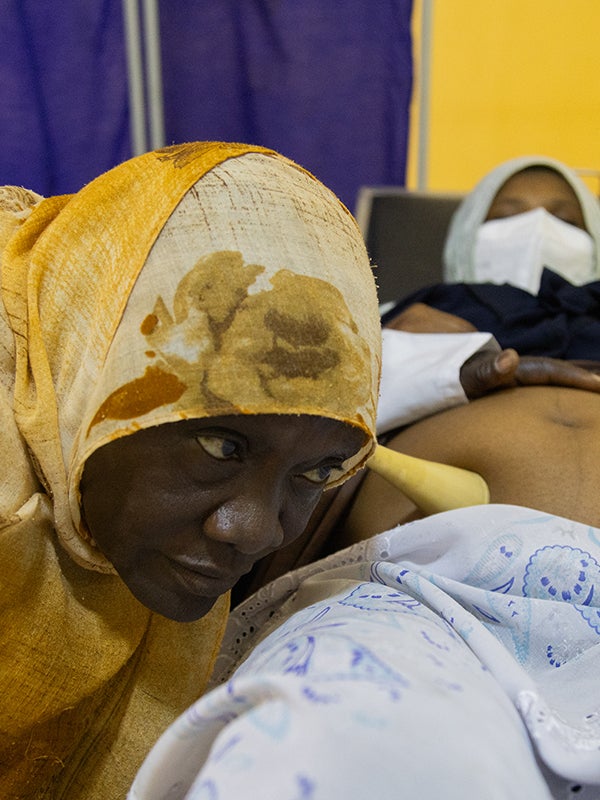
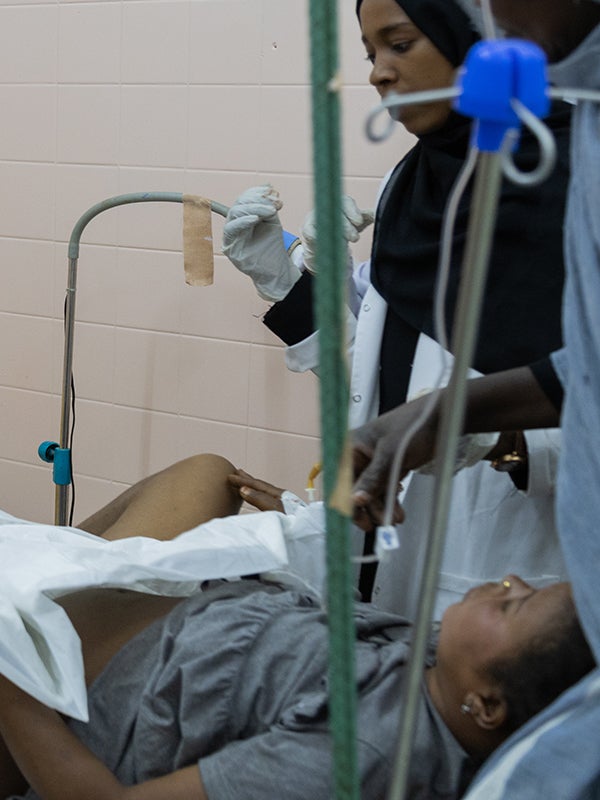
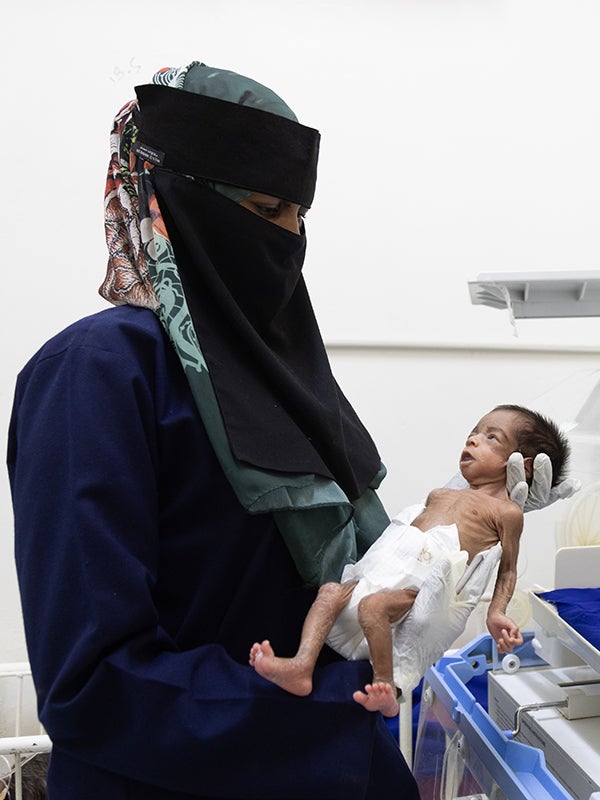
“The hardest case I faced was helping a woman deliver in a car. She had complications, but there was no way to get to the hospital. I’ve cried many times – especially when women can’t reach us to get the care they need.”
Lighting the way in Sennar
At the Sennar Hospital in the southeast of the country, solar panels provided by UNFPA are powering the facility’s essential functions.
The panels are crucial, as power cuts across Sudan have heavily impacted emergency obstetric care, including Caesarean sections performed in the dark of night.
Even before the conflict, fewer than half of Sudan’s emergency obstetric and newborn care facilities were operational. Now, this specialist care in Sennar is even more rare – and more vital.
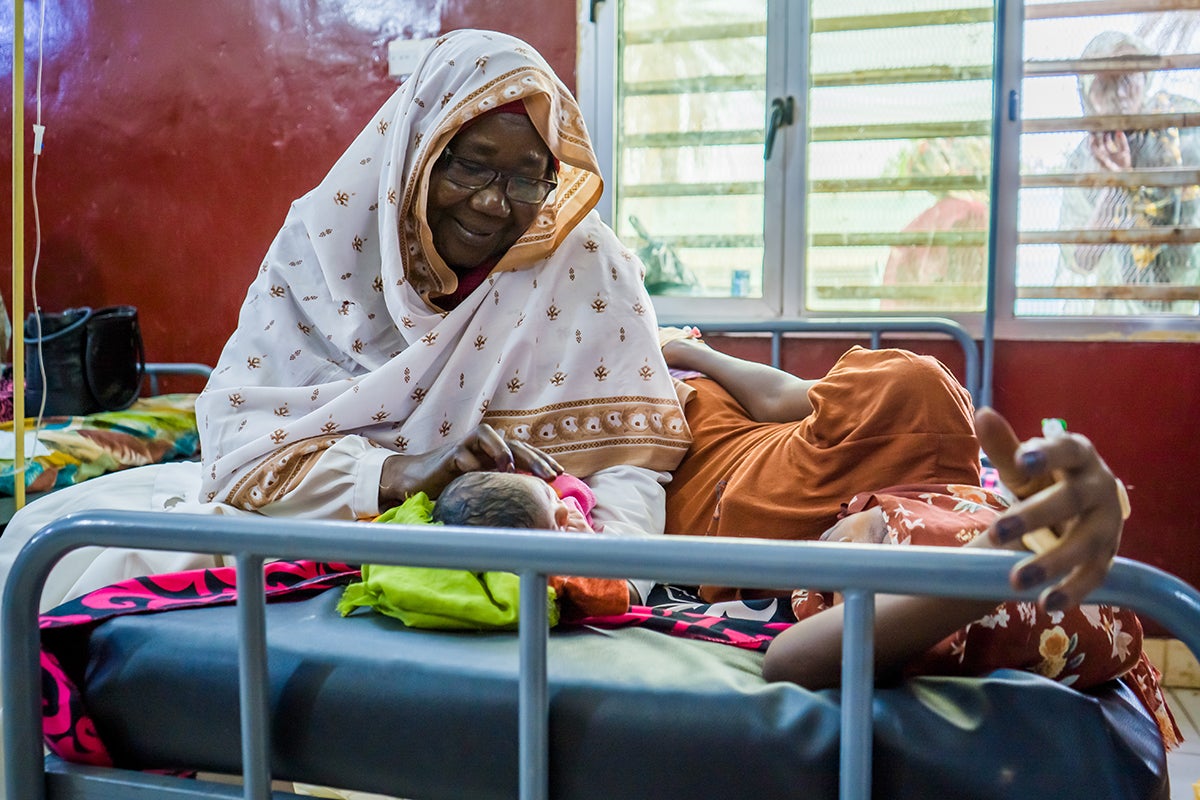
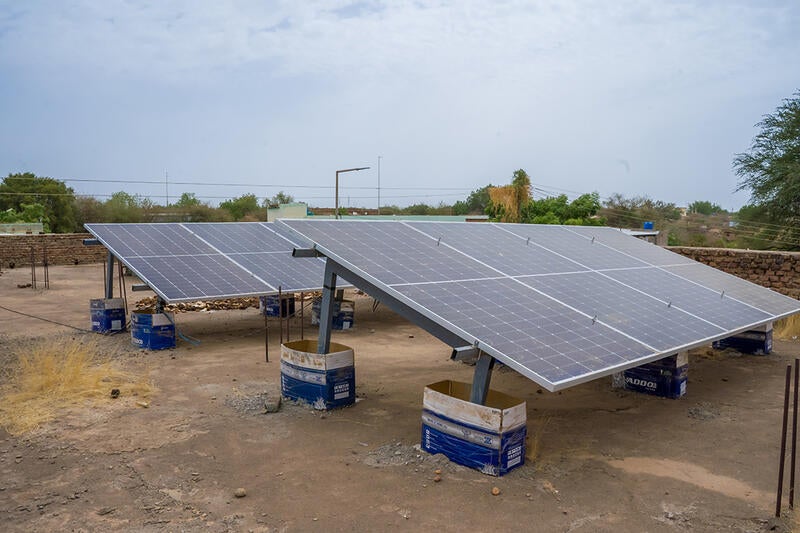
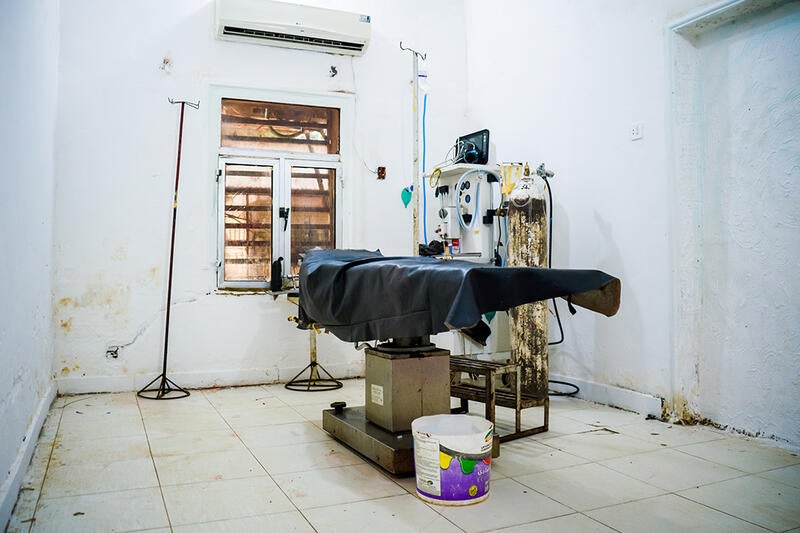
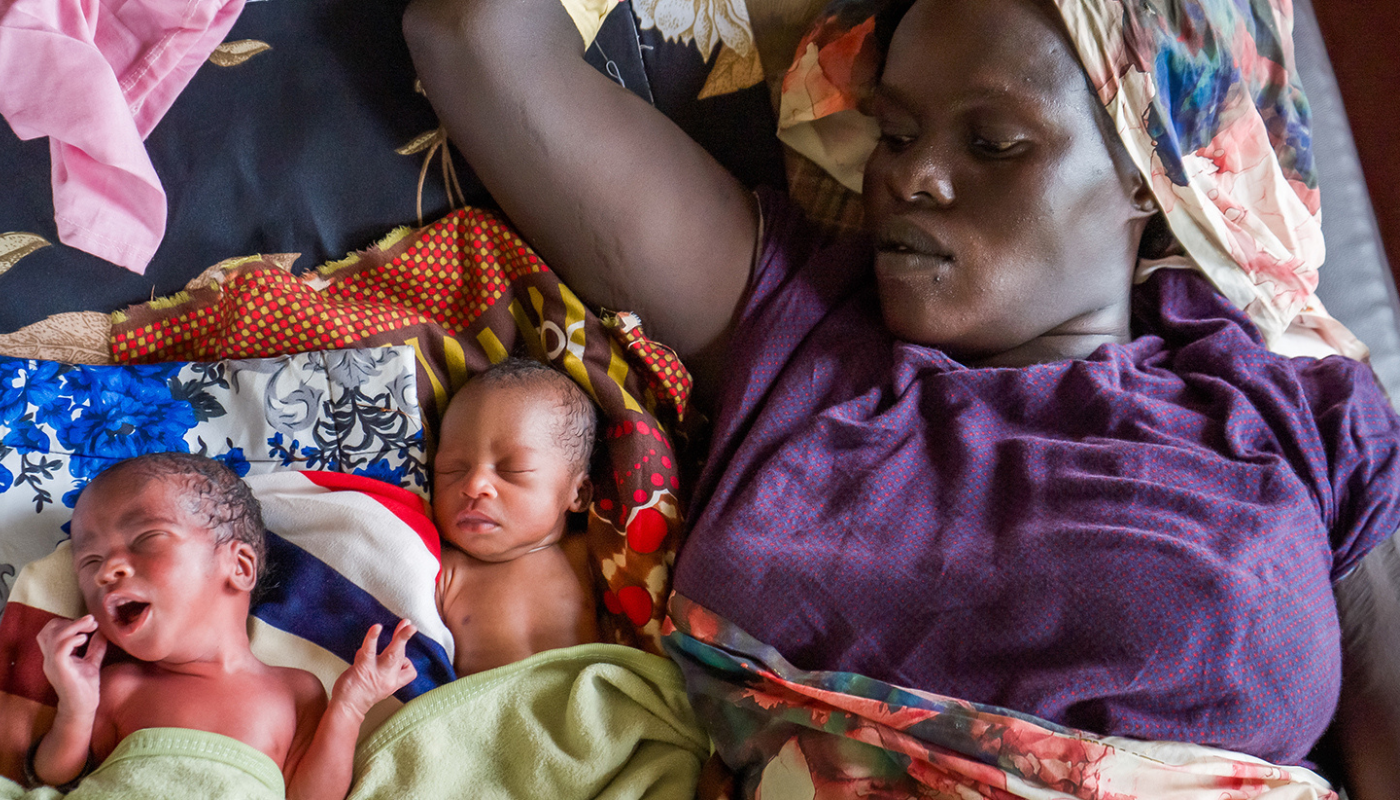
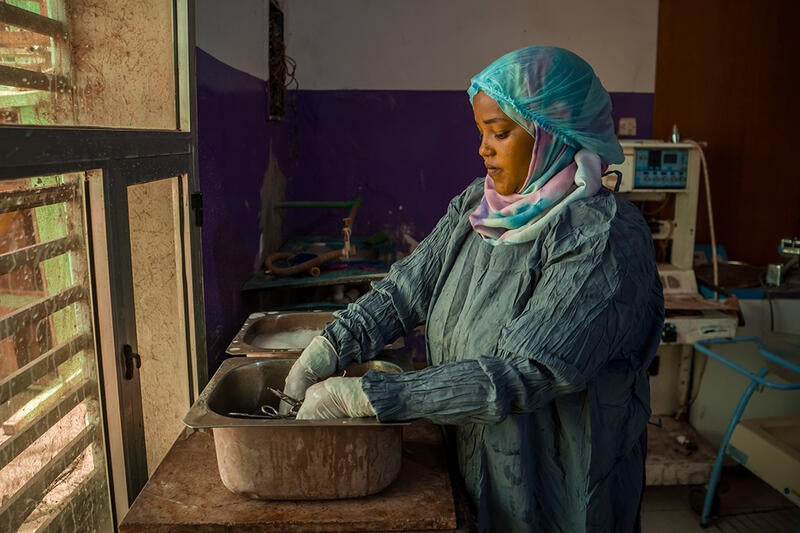
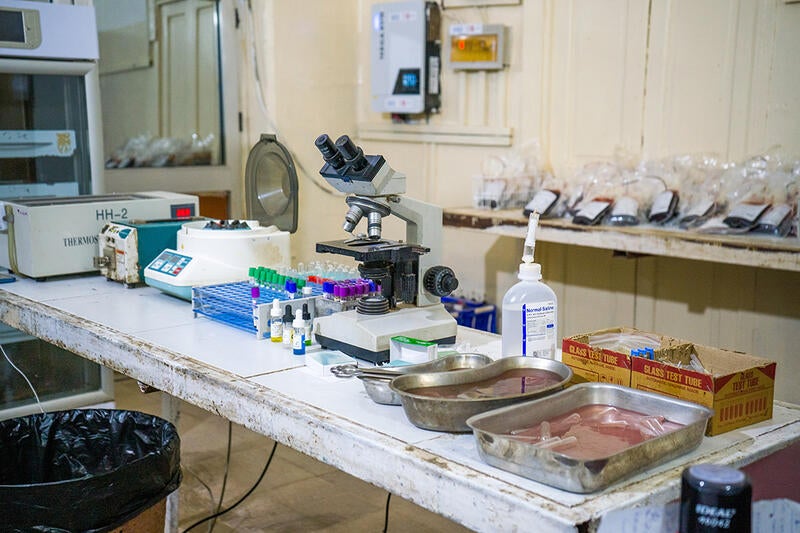
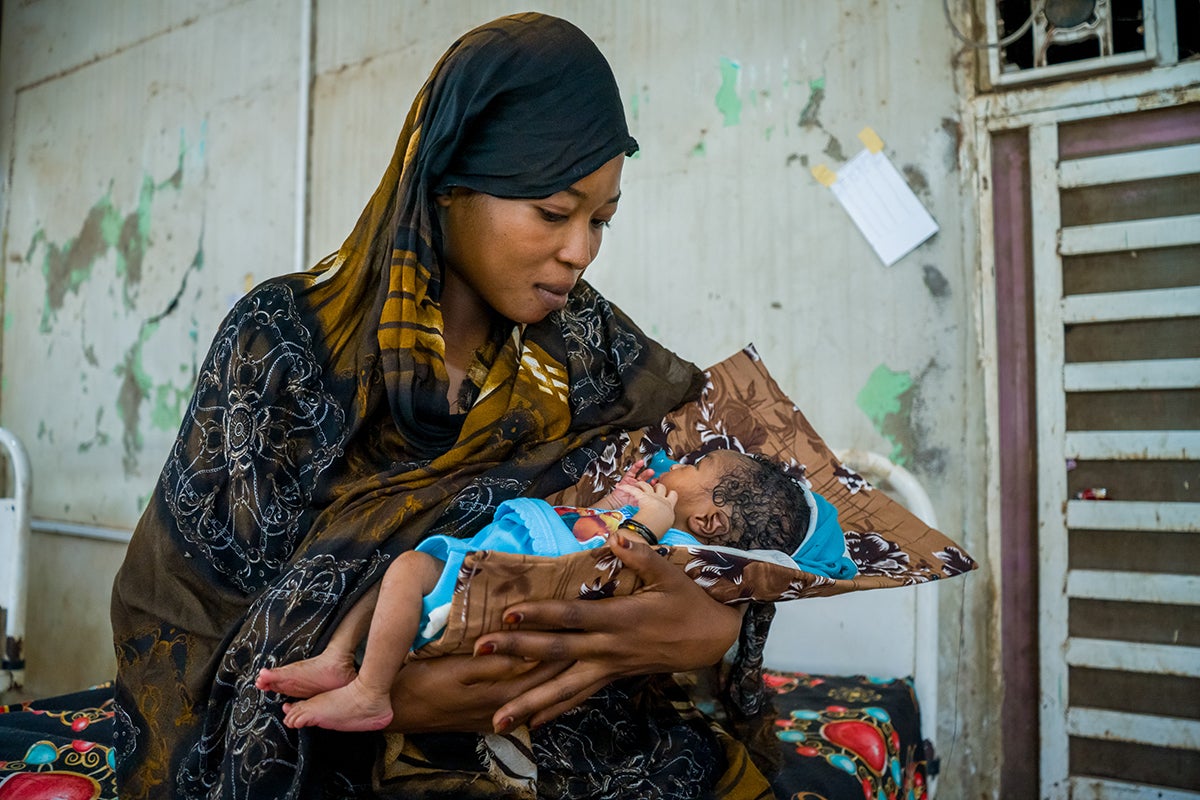
Since the outbreak of the civil war on 15 April 2023, UNFPA has:
- Delivered health services to more than 280,000 people.
- Supported 71 mobile health teams.
- Facilitated more than 11,000 safe births.
- Provided services to prevent gender-based violence or support survivors, to more than 470,000 people, including establishing 64 safe spaces for women and girls.
- Installed solar panels at 19 emergency obstetric and newborn care facilities and six primary healthcare units.
UNFPA urges all parties to protect patients and health professionals, and calls for all attacks on and around health facilities to stop.
In 2024, UNFPA's appeal to support humanitarian work in Sudan was only 60 per cent funded. In 2025, UNFPA is calling for $119.6 million for its humanitarian response in Sudan. However, UNFPA has experienced significant funding cuts to its humanitarian programmes in Sudan this year, including $7.5 million in US funding cuts to humanitarian operations for people affected by the conflict.
We urge all donors to help fill the funding gap to prevent avoidable suffering and deaths of women and girls in Sudan.
